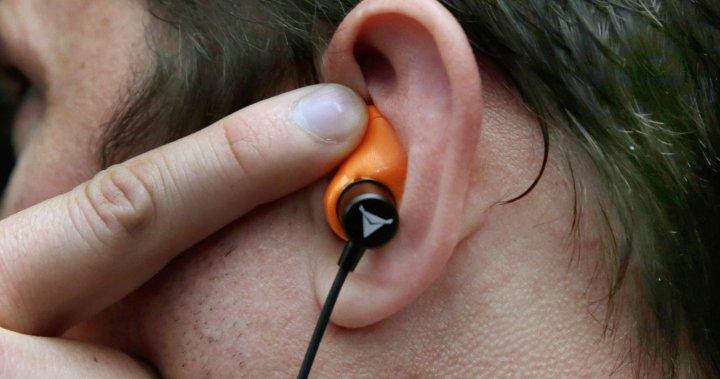
Why can’t we hear full songs in podcasts? Well, it’s complicated
Global News
People would love to hear full songs in podcasts. But there are problems that prevent that — at least for the foreseeable future.
Podcasting continues to be a hot form of broadcasting, growing from an audience of about 12 per cent of people 12 and up in 2013 to more than 31 per cent today. In Sweden, the number is at least 47 per cent. Canada is around 34 per cent; that number increases to 46 per cent for Canadians 18 to 49.
Over 500 million people (23.5 per cent of all internet users) listen to podcasts of the approximately 4.3 million shows available regularly with many listening to half a dozen or more weekly. Comedy is the biggest category followed by news, true crime, and health and fitness.
A little further down the list, you’ll find music, an insanely popular genre. Around half a million podcasts are devoted to music in some form, meaning there are millions of episodes on the subject. Yet virtually none of them feature full songs.
Why? As the headline says, it’s complicated.
When an artist signs a deal with a publisher, the publisher owns a piece of the artist’s material and has a say in how it is used. In exchange for tracking this use and paying out royalties, the publisher is entitled to about 50 per cent of the revenue generated.
A deal with a record label gives that company the exclusive right to distribute that artist’s music and a slice of the profits, too.
Over the years, the usual ways you hear music, such as listening to the radio, streaming music online, or buying a CD, have led to systems that pay artists, publishers and record labels. Those systems developed long ago, decades before podcasts became part of our daily information diet.
When the military turned radio broadcasting over to the public in the years following the First World War, the industry exploded. Many stations started broadcasting music, making it the first time in history that audiences could enjoy great and important performances in their homes for free. This did not go over well with record companies, music publishers, composers, and musicians. Why would anyone buy their records if the public could enjoy this music for free? The record industry fought hard against radio using their goods.
